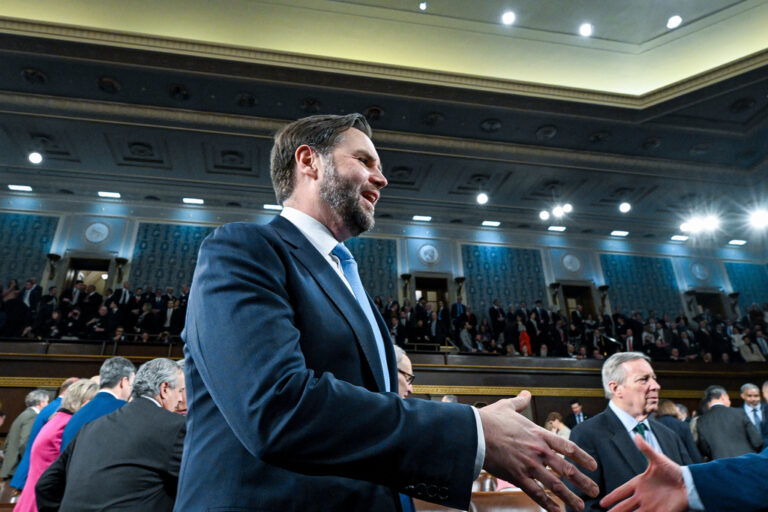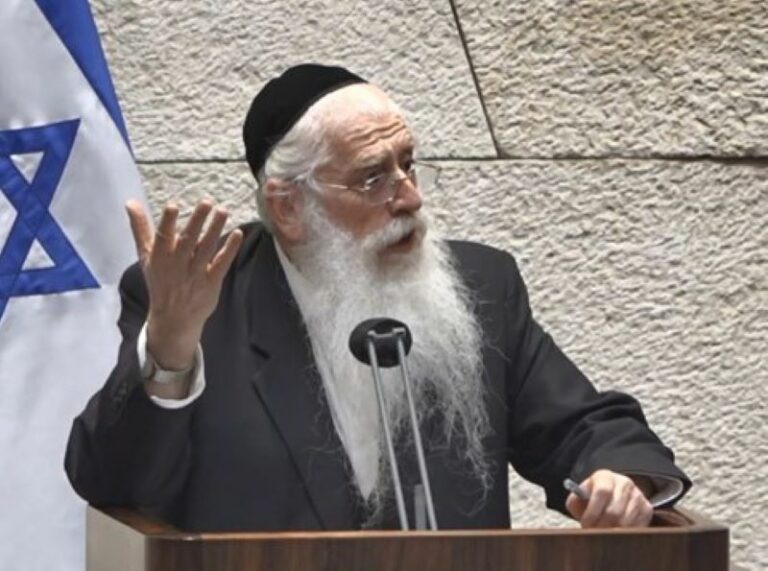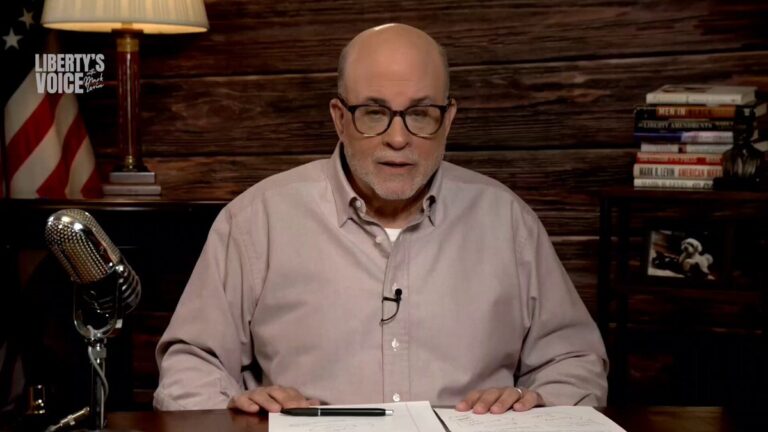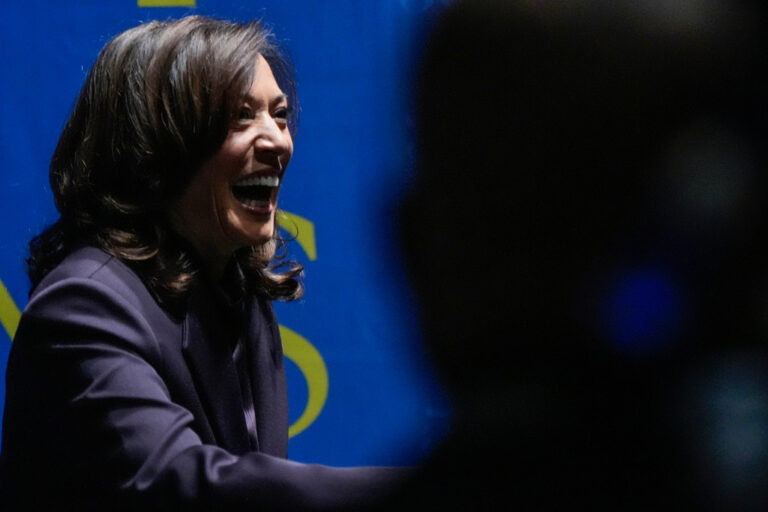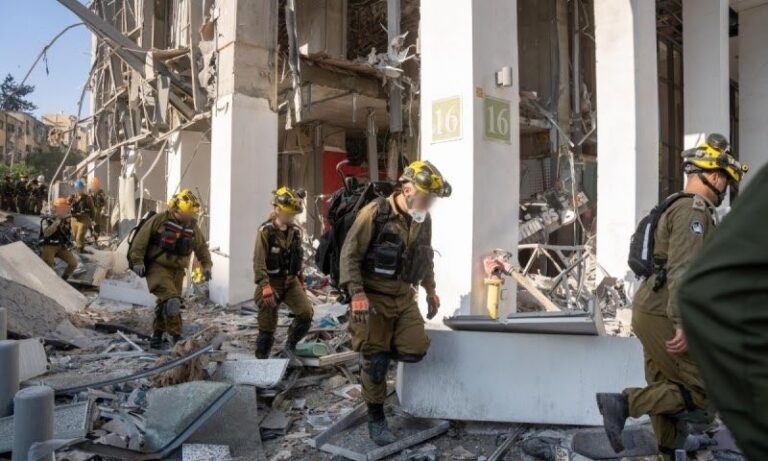 Raul Castro said Wednesday that Cuba and the United States are entering a new era as the countries prepare to restart diplomatic relations next week, though he insisted more changes in U.S. policy toward the communist-run island are necessary.
Raul Castro said Wednesday that Cuba and the United States are entering a new era as the countries prepare to restart diplomatic relations next week, though he insisted more changes in U.S. policy toward the communist-run island are necessary.
In his first public comments since the two governments announced that their diplomatic missions currently known as “interests sections” will enjoy full embassy status beginning July 20, Castro’s remarks to Cuba’s parliament sounded both a welcoming and cautious tone.
“A new stage will begin, long and complex, on the road toward normalization, which will require the will to find solutions to the problems that have accumulated over more than five decades and hurt ties between our nations and peoples,” Castro said in remarks published on the state-run website Cubadebate.
“As we have said, it is about founding a new kind of tie between both states, that is different from all our shared history,” he added.
Castro acknowledged President Barack Obama’s call for a debate on lifting the more than 50-year-old U.S. trade embargo, something that would require an act of Congress.
But “we hope he continues to use his executive powers to dismantle aspects of this policy, which causes damage and hardship among our people,” Castro said.
He said as far as Cuba is concerned, relations cannot be normalized as long as the embargo is in place. He also demanded the return of the U.S. military base at Guantanamo, compensation for economic damage from the embargo, an end to U.S. broadcasts beamed at the island and a halt to “programs that aim to promote subversion and destabilization.”
Such grievances are not new, and it’s not clear how much Washington would be willing to consider any or all of them.
U.S. law says the embargo cannot be lifted unless Havana pays compensation for American properties nationalized following the 1959 Cuban Revolution, now worth an estimated $7 billion or more. And the United States is seeking its own concessions from Cuba on issues such as human rights and democracy.
Cuban officials from Castro on down have said repeatedly that the island’s one-party political system will not change. And while they acknowledge Cuba needs to adjust things like economic policy, they make clear they will not tolerate intrusion into their affairs.
“Changing whatever needs to be changed is a sovereign matter, and exclusive to the Cubans,” Castro said.
His comments came during one of the National Assembly’s twice-annual regular sessions in a Havana convention center. Foreign journalists were not allowed access.
But the one-day full gathering of parliament came with a new twist: Through newly launched Twitter and Facebook profiles, the National Assembly provided regular updates throughout the day.
There was little drama in the live-tweeting, with snippets such as an announcement that parliament president Esteban Lazo had called the body to order with homages to 19th century independence figure Mariana Grajales, known here as the “mother of Cuba.”
Still, it was a highly unusual step into social media for a country that lags far behind much of the world in Internet use.
Cubans are increasingly using the likes of Facebook and Twitter as authorities slowly expand connectivity options, but most islanders who are able to connect do so only sporadically and briefly, limited by cost, availability and scant bandwidth.
Cubadebate confirmed the authenticity of the Twitter account and Facebook page, both of which apparently went live Saturday.
Cuba and the United States broke off diplomatic relations in 1961 during tense Cold War times.
The near-neighbors have danced a mutually hostile lockstep ever since, until Castro and Obama’s simultaneous statements Dec. 17 that they would negotiate restoration of ties. Earlier this month those talks culminated with the embassy announcement.
On Wednesday, Cubadebate posted a photo of workers at the Cuban Interests Section in Washington removing a plaque identifying it as such, ahead of its ceremonial inauguration as an embassy on Monday.
Also at parliament, officials reported that Cuba recorded an annualized economic growth of 4.7 percent in the first half of the year. That was up from a forecast of 4 percent offered last month; annual growth is expected to come in around 4 percent.
“This is very good, taking into account that last year we only grew 1 percent,” Castro said.
(AP)

